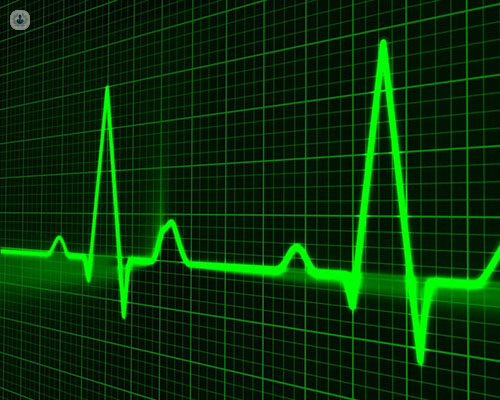Understanding palpitations: causes, diagnosis, and management
Autore:Palpitations are the sensation of a rapid, irregular, or unusually strong heartbeat. While often harmless, they can sometimes indicate underlying medical conditions that require attention. Understanding the causes, diagnostic approaches, and management options is essential for addressing palpitations effectively.

What palpitations feel like
Palpitations may feel like a fluttering, pounding, or skipped beat in the chest, throat, or neck. They can be triggered by numerous factors, including stress, anxiety, excessive caffeine or alcohol consumption, dehydration, or certain medications.
Hormonal changes during pregnancy, menopause, or menstruation can also contribute. In some cases, palpitations may result from underlying heart conditions, such as arrhythmias (irregular heart rhythms), atrial fibrillation, or structural heart abnormalities. Other medical issues, such as hyperthyroidism or anaemia, might also play a role.
Worrying symptoms that accompany palpitations
When experiencing palpitations, it’s crucial to consider accompanying symptoms. While occasional palpitations without other signs are typically benign, symptoms like chest pain, shortness of breath, dizziness, or fainting could indicate a more serious issue requiring immediate medical evaluation.
Diagnosis and management
Diagnosing palpitations begins with a thorough medical history and physical examination. Your doctor may ask about lifestyle habits, triggers, and the duration and frequency of your symptoms.
Diagnostic tests often include an electrocardiogram (ECG) to assess heart rhythms, blood tests to detect underlying conditions like thyroid disorders, and imaging tests such as echocardiograms. For intermittent symptoms, a Holter monitor or event recorder may be recommended to track heart activity over a longer period.
Management of palpitations depends on the underlying cause. For benign triggers, lifestyle changes such as reducing caffeine or alcohol intake, managing stress through relaxation techniques, and staying hydrated can significantly reduce episodes. In cases related to arrhythmias or other heart conditions, treatment options may include medications, electrical cardioversion, or procedures like catheter ablation.
Palpitations are a common experience and often harmless, but they should not be ignored, especially if accompanied by concerning symptoms. Early evaluation and appropriate management can ensure peace of mind and optimal heart health. Always consult your healthcare provider if you’re unsure about your symptoms.


